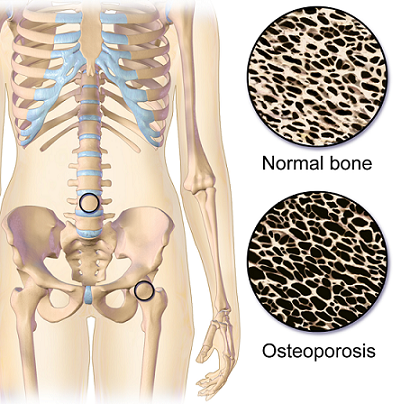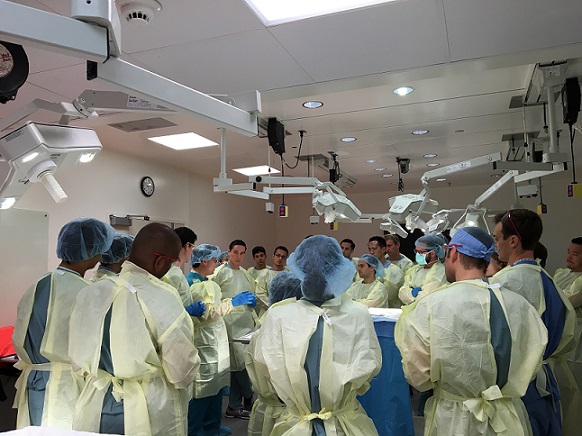Elizabeth Hofheinz, M.P.H., M.Ed.
Seeking to assess the prevalence of osteoporosis in shoulder arthroplasty patients, a team of researchers from the University of Wisconsin School of Medicine and Public Health (UWSMPH) set out fill a void in the literature. Their work, “Prevalence and Treatment of Osteoporosis Prior to Elective Shoulder Arthroplasty,” was published in the December 20, 2020 edition of JAAOS: Global Research and Reviews.
Using screening and treatment criteria from the National Osteoporosis Foundation (NOF), the researchers also sought information about the percentage of patients having DEXA testing before surgery, and the percentage of patients prescribed osteoporosis medications within six months pre- or post-operatively.
Co-author James Bernatz, M.D. is an orthopedic surgeon with UWSMPH and told OSN: “At our hospitals we’ve examined the rate of osteoporosis prior to other major orthopedic surgeries such as total hip replacement, total knee replacement and spinal fusion. We were finding high rates of patients going unscreened and untreated for their bone health prior to surgery, which we know can lead to problems after surgery.”
Two hundred fifty-one patients met the inclusion criteria; 171 (68%) met the criteria for DEXA testing…but only 31 (12%) had this testing within two years after surgery. Eighty patients (32%) met the NOF criteria for receipt of pharmacologic osteoporosis treatment, and 17/80 (21%) received a prescription for pharmacotherapy.
“We found that over 30 percent of patients undergoing total shoulder arthroplasty met criteria for osteoporosis but very few were on medications to improve their bone health around the time of surgery.”
Regarding further research, Dr. Bernatz told OSN, “The next step in this analysis is to study these patients long term to determine what kind of untoward effects untreated osteoporosis can have on outcomes after surgery and how treatment with anti-osteoporosis medications may improve these outcomes.”
“The rate of osteoporosis in patients undergoing total shoulder arthroplasty is high. Orthopedic surgeons should be aware of the criteria for bone health screening and should consider optimizing bone health around the time of surgery.”
The authors conclude that their data suggests that approximately four out of five shoulder arthroplasty patients should receive DEXA testing.







